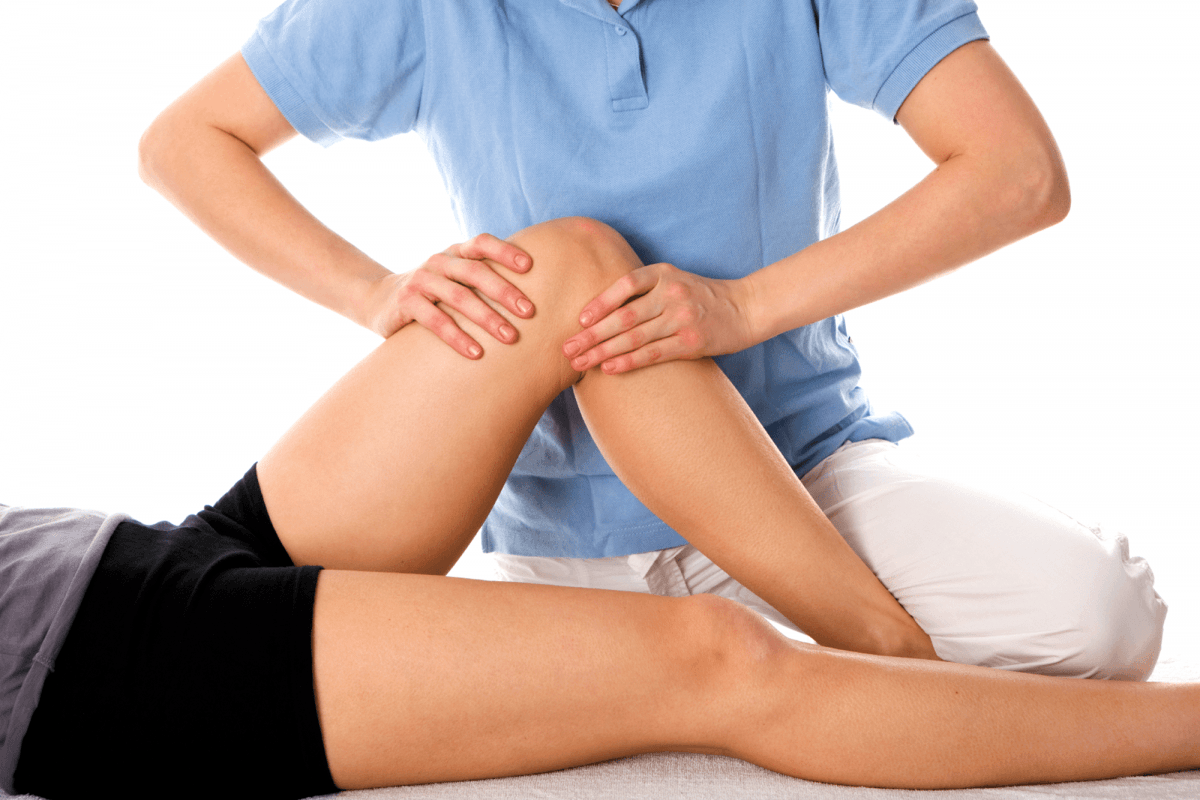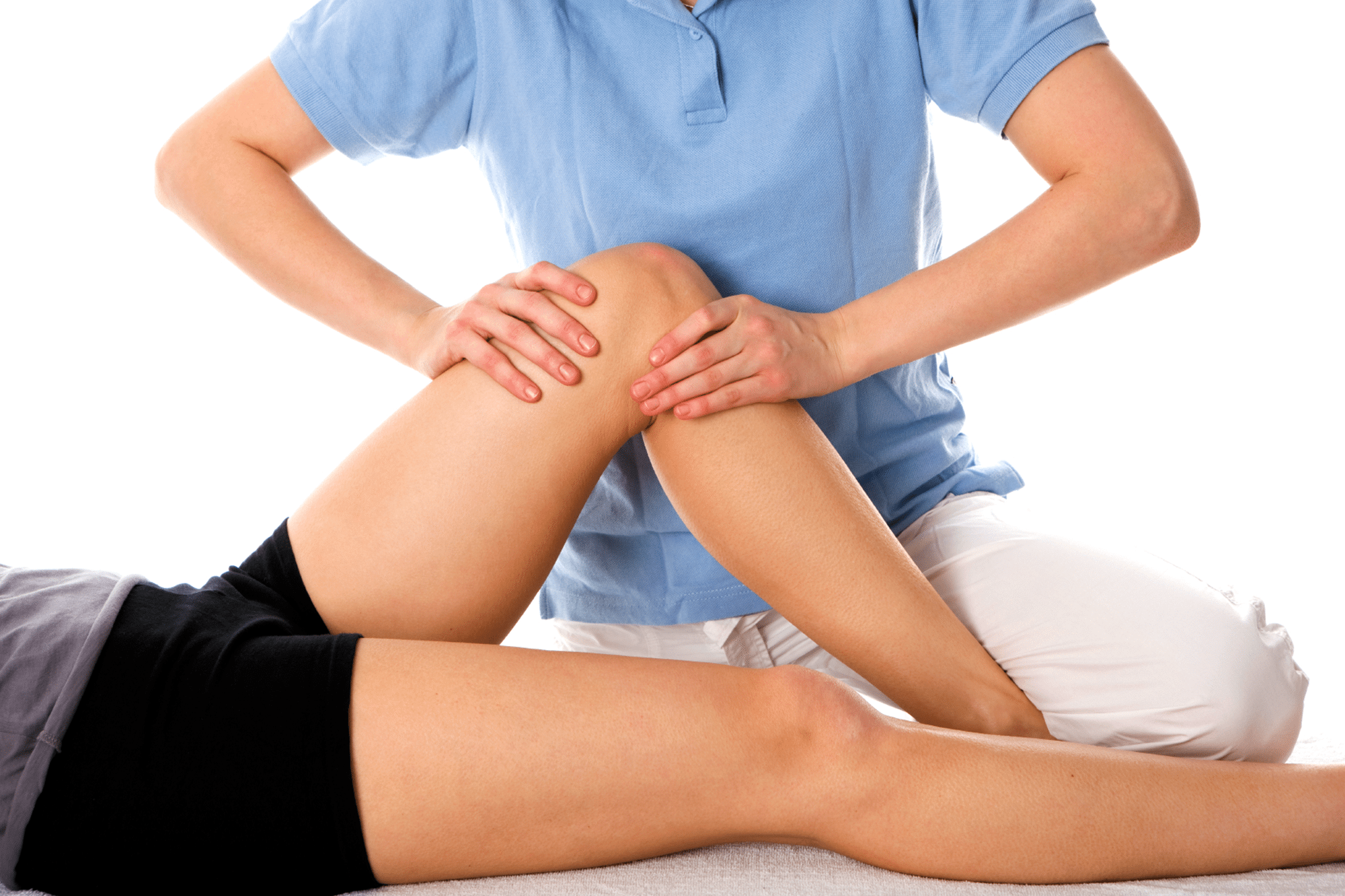How physiotherapy can help with pain relief and better mobility

Millions of people worldwide suffer from chronic muscle/joint pain, stiffness due to a variety of reasons like illness/ injury etc. They also lose their mobility because of these health conditions. This blog will help you understand how physiotherapy, a branch of medicine which uses physical methods for improving movement and providing pain relief, can bring a major difference in the lives of patients with chronic pain.
A professional career with many specialties, physiotherapy includes musculoskeletal, sports, neurology, wound care, EMG, cardiopulmonary, geriatrics, orthopedics, women’s health, and pediatrics.
Physiotherapy for chronic pain
- Passive physical therapy to help reduce the patient’s pain to a more manageable level
- Active exercises
In these therapies, the physiotherapist may focus on decreasing pain with passive physical therapies like:
Heat and/or ice are easily available and they together help reduce muscle spasm and inflammation. Some patients find more pain relief with heat therapy using heat packs and others with cold therapy such as ice massage. The two may also be alternated. They are generally applied for 10-20 minutes once every two hours and are more useful early on (the first few days) in the course of an episode of pain.
A transcutaneous electrical nerve stimulator (TENS) unit uses electrical stimulation to modulate the sensation of low back pain by overriding the pain signals that are sent to the brain. A trial of electrotherapy with the TENS unit is usually done first, and if the patient experiences substantial pain relief, a TENS unit may be used at home for low back pain relief on a long-term basis.
It is a means of delivering steroids through the skin. The steroids then produce an anti-inflammatory effect in the general area that is causing pain. This treatment is especially effective in relieving acute episodes of pain.
This therapy is a form of deep heating in which sound waves are applied to the skin and penetrate into the soft tissues. Ultrasound is especially useful in relieving acute episodes of pain and may enhance tissue healing.
In addition to passive therapies, active physical therapies are also necessary to rehabilitate the spine and joints. Generally, a patient’s exercise program should include stretching exercises for all the relevant muscle groups along with core strengthening exercises. Patients must learn these exercises from their therapists and practice regularly at home.



 Call-an-Ambulance
Call-an-Ambulance



